Introduction:
When it comes to constructing a sturdy structure, the foundation is paramount. Among the myriad options available, two popular choices stand out: concrete foundations and ground screws. But what sets them apart? Let’s explore the intricacies of these primary elements to uncover their differences and decide which one is best suited for your project.
Understanding Concrete Foundations
Concrete foundations serve as the backbone of buildings, providing stability and support by transferring the structure’s load to the ground. These foundations are typically made of reinforced concrete and vary in design depending on factors such as soil conditions and building specifications.
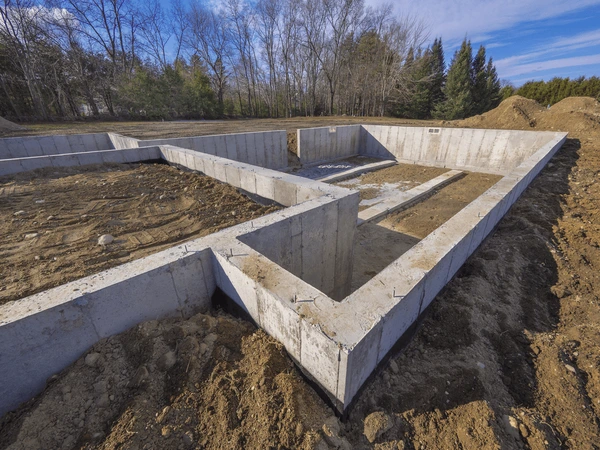
Types of Concrete Foundations
There are several types of concrete foundations, including slab-on-grade, crawl space, and basement foundations. Each type offers distinct advantages and is chosen based on factors such as site characteristics and construction requirements.
Pros and Cons of Concrete Foundations
While concrete foundations are renowned for their strength and durability, they also come with drawbacks. High installation costs, long curing times, and the potential for cracking over time are some factors to consider when opting for a concrete foundation.
Understanding Ground Screws
Ground screws, also known as screw piles or helical piles, are innovative foundation systems that provide an alternative to traditional concrete foundations. These screws feature a helical blade that is twisted into the ground, creating a secure anchoring point for structures.
Types of Ground Screws
Ground screws come in various shapes and sizes to accommodate different soil types and load requirements. From small residential projects to large-scale commercial developments, there is a ground screw solution for every application.
Advantages of Ground Screws
Ground screws offer several advantages over concrete foundations, including rapid installation, minimal site disturbance, and versatility in challenging terrain. Additionally, ground screws are reusable and can be easily removed and relocated if needed.
Comparing Concrete Foundations vs. Ground Screws
Installation Process
The installation process for concrete foundations involves excavation, formwork, pouring concrete, and curing—a time-consuming and labor-intensive endeavor. In contrast, ground screws can be installed quickly and efficiently using specialized equipment, reducing construction timelines significantly.
Cost Comparison
While concrete foundations may have lower material costs, the overall expense can be higher due to labor and equipment requirements. Ground screws offer a cost-effective alternative with lower installation costs and shorter construction schedules, making them an attractive option for budget-conscious projects.

Environmental Impact
Concrete Foundations
The production of concrete involves significant energy consumption and carbon emissions, contributing to environmental degradation. Additionally, the excavation process can disrupt natural habitats and ecosystems, further exacerbating the ecological footprint of concrete foundations.
Ground Screws
Ground screws have a minimal environmental impact compared to concrete foundations. The installation process requires less excavation, reducing soil disturbance and preserving the natural landscape. Additionally, ground screws can be recycled and reused, minimizing waste and promoting sustainability.
Applications
Concrete Foundations
Concrete foundations are widely used in residential, commercial, and industrial construction projects. From single-family homes to high-rise buildings, concrete foundations provide a solid base for various structures.
Ground Screws
Ground screws are gaining popularity across diverse applications, including solar panel installations, signage, fencing, and temporary structures. Their versatility, ease of installation, and minimal environmental impact make them a preferred choice for sustainable construction projects.
Conclusion
In conclusion, both concrete foundations and ground screws offer viable options for building strong and stable structures. While concrete foundations are time-tested, ground screws provide a modern alternative with numerous advantages, including rapid installation, cost-effectiveness, and environmental sustainability. Ultimately, the choice between the two depends on factors such as project requirements, budget constraints, and environmental considerations.



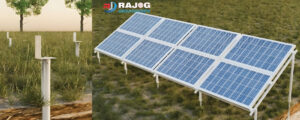
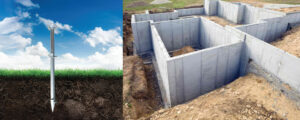
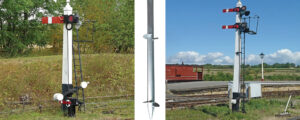
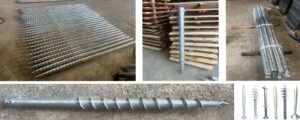
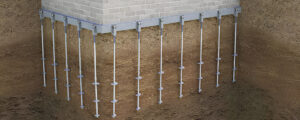
Leave a reply